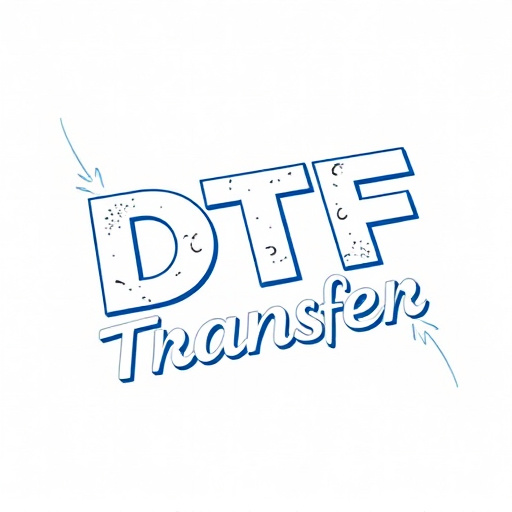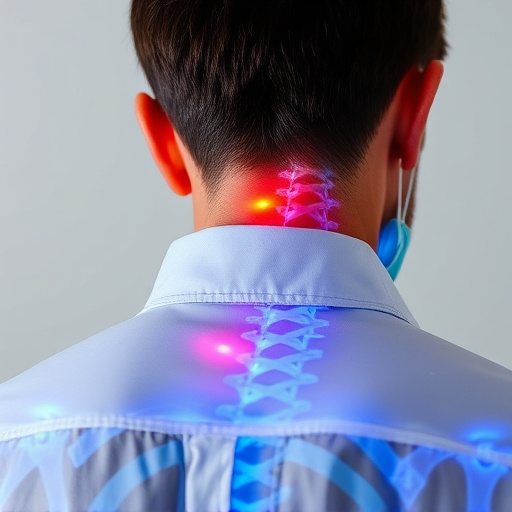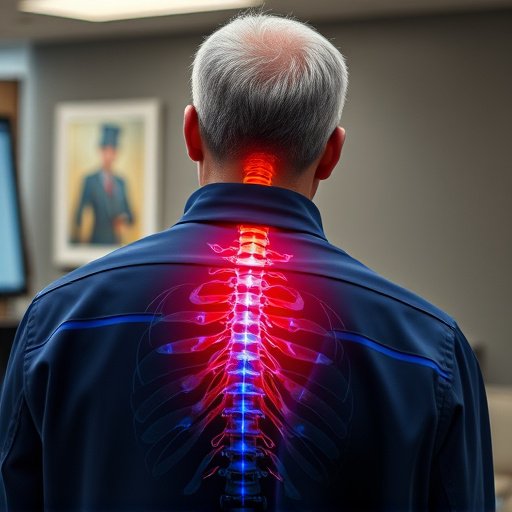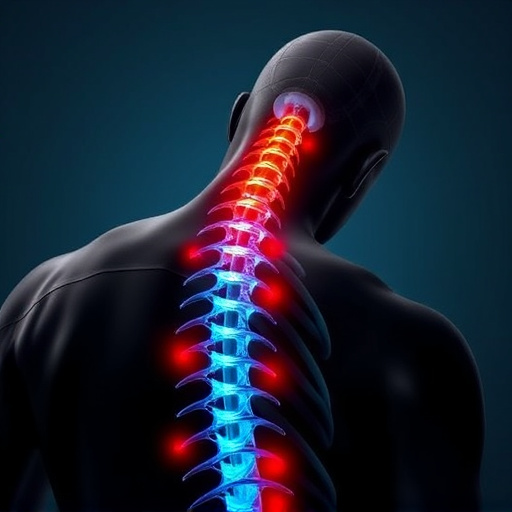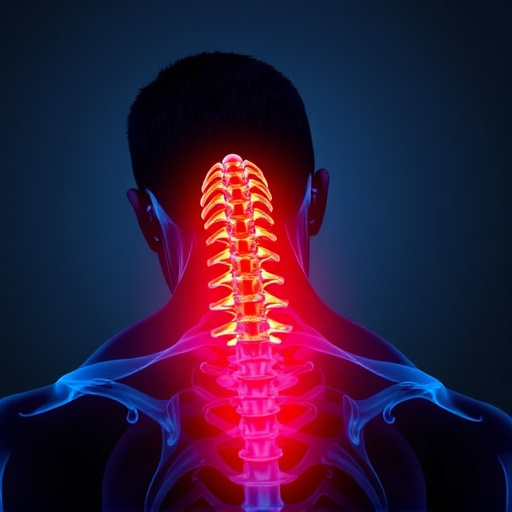Workers' Compensation Injury Care focuses on providing specialized medical support for individuals suffering work-related injuries, aiming to enhance recovery. For those with severe recurring headaches, this system offers crucial financial assistance and access to advanced therapies like neurostimulation and rehabilitation programs. Treatment plans in injury care centers integrate medical expertise, counseling, and non-pharmacological approaches like physiotherapy, CBT, and acupuncture to manage chronic pain holistically. Medication management, balanced lifestyle habits, and early intervention can significantly reduce the impact of recurring headaches, improving quality of life for affected workers.
Do you suffer from severe, recurring headaches? You’re not alone. This comprehensive guide explores specialized treatment options tailored for persistent pain. We delve into the causes and diagnosis of intense migraines or cluster headaches, highlighting the pivotal role of workers’ compensation in funding effective care for injured workers. From non-pharmacological approaches to lifestyle adjustments, learn how to manage and prevent these debilitating symptoms, focusing on holistic worker’s compensation injury care solutions.
- Understanding Severe Recurring Headaches: Causes and Diagnosis
- The Role of Workers' Compensation in Covering Headache Treatment
- Specialized Care Options for Recurrent Headache Sufferers
- Non-Pharmacological Treatments: A Comprehensive Approach
- Medication Management: Finding the Right Prescription
- Lifestyle Changes and Prevention Strategies for Severe Headaches
Understanding Severe Recurring Headaches: Causes and Diagnosis

The Role of Workers' Compensation in Covering Headache Treatment

For individuals suffering from severe recurring headaches, seeking appropriate treatment can be a complex process, especially when navigating the complexities of insurance coverage. Workers’ Compensation plays a significant role in providing financial support and ensuring access to specialized care for those who experience headache disorders as a result of their work-related injuries. This system is designed to offer comprehensive injury care, including treatment for chronic conditions like recurring headaches.
When a worker sustains an injury on the job, Workers’ Compensation typically covers various medical expenses related to the condition, including diagnostic tests, medications, and specialized treatments. For headache sufferers, this can mean access to advanced therapies, such as neurostimulation or specific rehabilitation programs, which are crucial in managing severe recurring headaches. By ensuring that these treatments are covered, Workers’ Compensation enables individuals to receive the necessary care, potentially improving their quality of life and overall well-being.
Specialized Care Options for Recurrent Headache Sufferers

For those experiencing severe recurring headaches, specialized care options are crucial in managing symptoms and improving quality of life. Many headache sufferers turn to workers compensation injury care centers for comprehensive treatment plans tailored to their unique needs. These facilities often offer a range of advanced therapies, from medication management to lifestyle interventions and alternative treatments like biofeedback and acupuncture.
Workers compensation injury care centers specialize in helping individuals navigate the complexities of chronic pain management. They provide an integrated approach, combining medical expertise with counseling and support services. This holistic perspective addresses not just the physical aspects of headaches but also the psychological impact, ensuring that patients receive the best possible care for their condition.
Non-Pharmacological Treatments: A Comprehensive Approach

Non-Pharmacological Treatments offer a comprehensive approach to managing severe recurring headaches, often serving as a preferred method for workers’ compensation injury care. This holistic strategy goes beyond medication, focusing on various techniques to alleviate pain and prevent future episodes. Physiotherapy, for instance, can help strengthen neck muscles and improve posture, reducing tension that contributes to headaches.
Other non-pharmaceutical interventions include stress management techniques such as meditation and biofeedback, which teach individuals to control physiological responses to stress. Additionally, cognitive behavioural therapy (CBT) has shown effectiveness in addressing the psychological factors linked to chronic headache disorders. These treatments not only provide relief but also empower patients with tools to manage their conditions effectively, potentially reducing reliance on medication and improving overall quality of life.
Medication Management: Finding the Right Prescription

Medication management plays a crucial role in specialized treatment for severe recurring headaches, especially after a workers’ compensation injury. Finding the right prescription involves a collaborative effort between patients and healthcare professionals. Each individual’s experience with headaches is unique, so personalized care is essential. Healthcare providers carefully assess symptoms, review medical history, and consider any existing medications or allergies before prescribing treatments.
The goal is to find medications that effectively alleviate pain, reduce frequency, and prevent severe headaches from becoming debilitating. This process may involve trying different classes of drugs, adjusting doses, or combining medications for optimal results. Workers’ compensation injury care emphasizes this tailored approach to ensure employees receive effective treatment while managing the financial and physical challenges associated with recurring headaches at work.
Lifestyle Changes and Prevention Strategies for Severe Headaches

Severe recurring headaches can significantly impact a person’s quality of life, but there are lifestyle changes and prevention strategies that can help manage and reduce their frequency and intensity. One important aspect is adopting a holistic approach to health, which includes maintaining a balanced diet rich in nutrients and staying hydrated. Regular exercise, while not overly strenuous, can also be beneficial for reducing stress and tension that may trigger headaches. Additionally, managing sleep patterns by keeping consistent sleep schedules and creating a relaxing bedtime routine can help prevent these episodes.
For workers compensation injury care related to headaches, understanding and implementing these strategies early on can be crucial in mitigating the long-term effects of recurring pain. Reducing stressors at work, improving ergonomic conditions, and taking regular breaks can also play a significant role in preventing severe headaches. If lifestyle adjustments aren’t sufficient, consulting healthcare professionals about specialized treatments or medications tailored to the specific type of headache is recommended.


